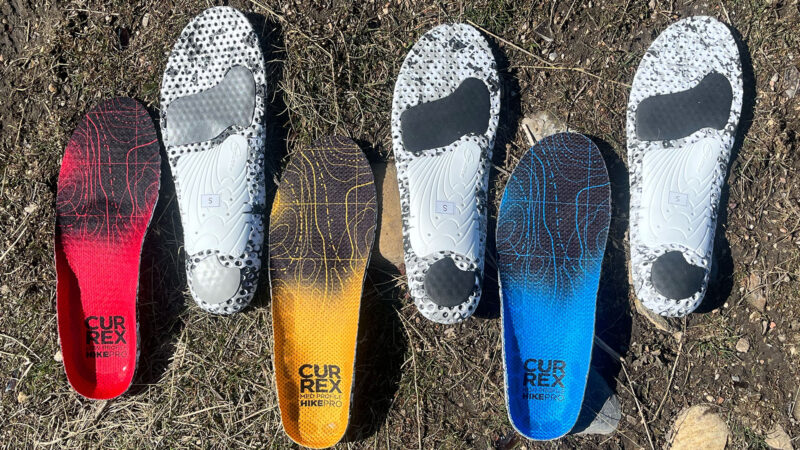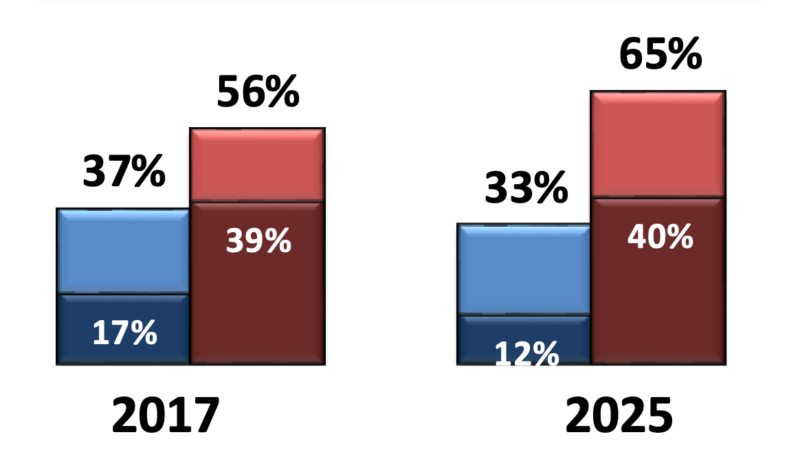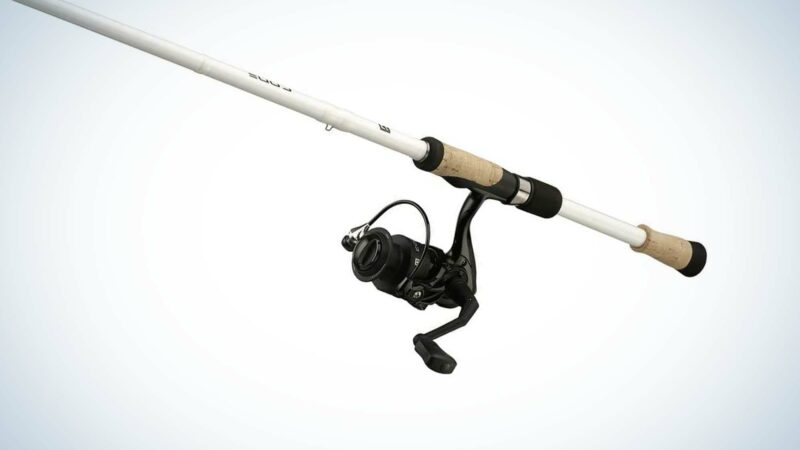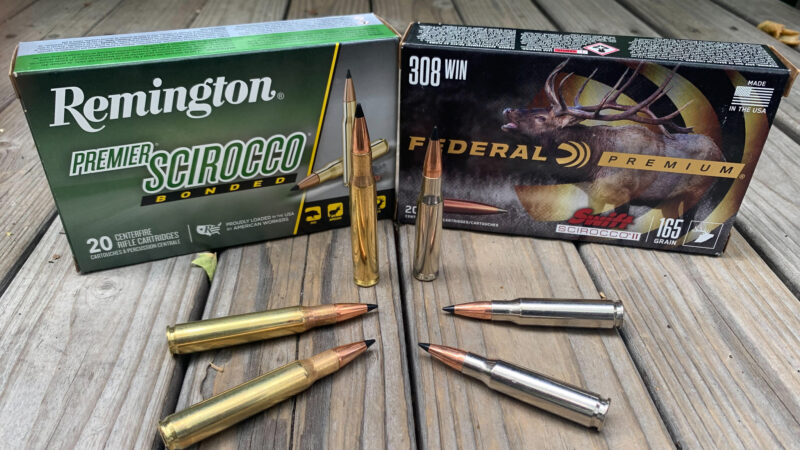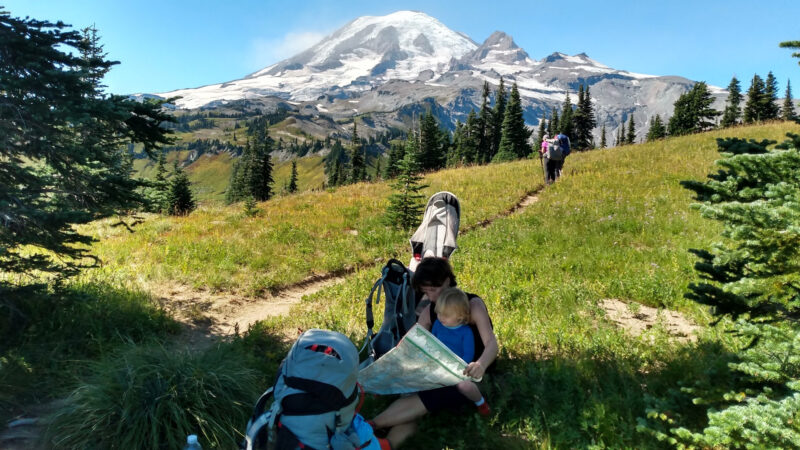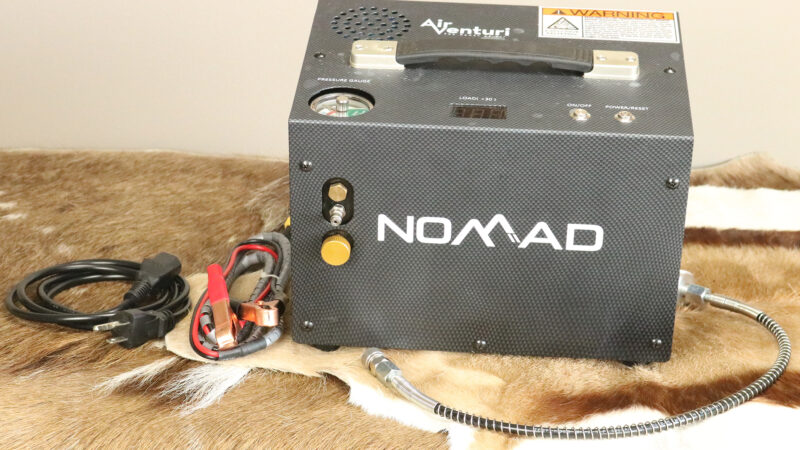Remembering Wayne Carlton, the Hunter Who Revolutionized Wild-Game Calling
Wayne Carlton has left the conversation. The influential game-call maker and hunting celebrity died last week at his home in Montrose, Colorado, after a short illness. He was 81.
He is survived by his family, a collection of trophy big-game mounts, and generations of bulls in Colorado’s West Elk Wilderness who knew him by bugle, chuckle, and mew. He also leaves behind a couple generations of elk hunters whose vernacular of calling was shaped by Carlton’s diaphragm calls, which he first built by hand in his workshop in his native Florida and later sold to Hunters Specialties and then sold under the name Carlton Calls before reconstituting his business in Montrose under the name Native By Carlton.
An early board member for the Rocky Mountain Elk Foundation and lifelong ambassador for the craft of wildlife calling, Carlton told me his calling techniques were shaped by an early career as an auctioneer.
“I was trying to imitate other auctioneers until one of my teachers told me to just be myself, find my own voice,” Carlton said. “Everybody has their own sound print because of the position of their teeth, jaws, and tongue. I’ve taken that approach to wildlife calling. There’s a big push to sound perfect, just like you hear on recordings, but I’m a fan of making your own noise.”
I hunted a couple of times with Carlton, who credited a 1983 Outdoor Life story about him — “Get Elk With A Turkey Call” — for his success. Once, sitting together in a sun-dappled aspen patch north of Craig, Colorado, in the doldrums of a hot October day, I bet Carlton the cookies from my sack lunch that he couldn’t call in a mid-day public-land bull. Carlton stood up, dusted duff and leaves off his pants, and threw out a thin, keening bugle, then sat back down. I hadn’t finished my sandwich before a young bull ran like a lost dog through the sagebrush basin below us, throwing his head around looking for the source of the call. The wind was wrong and the bull busted us. Carlton sat back down and said simply, “I’d do about anything for a cookie.”
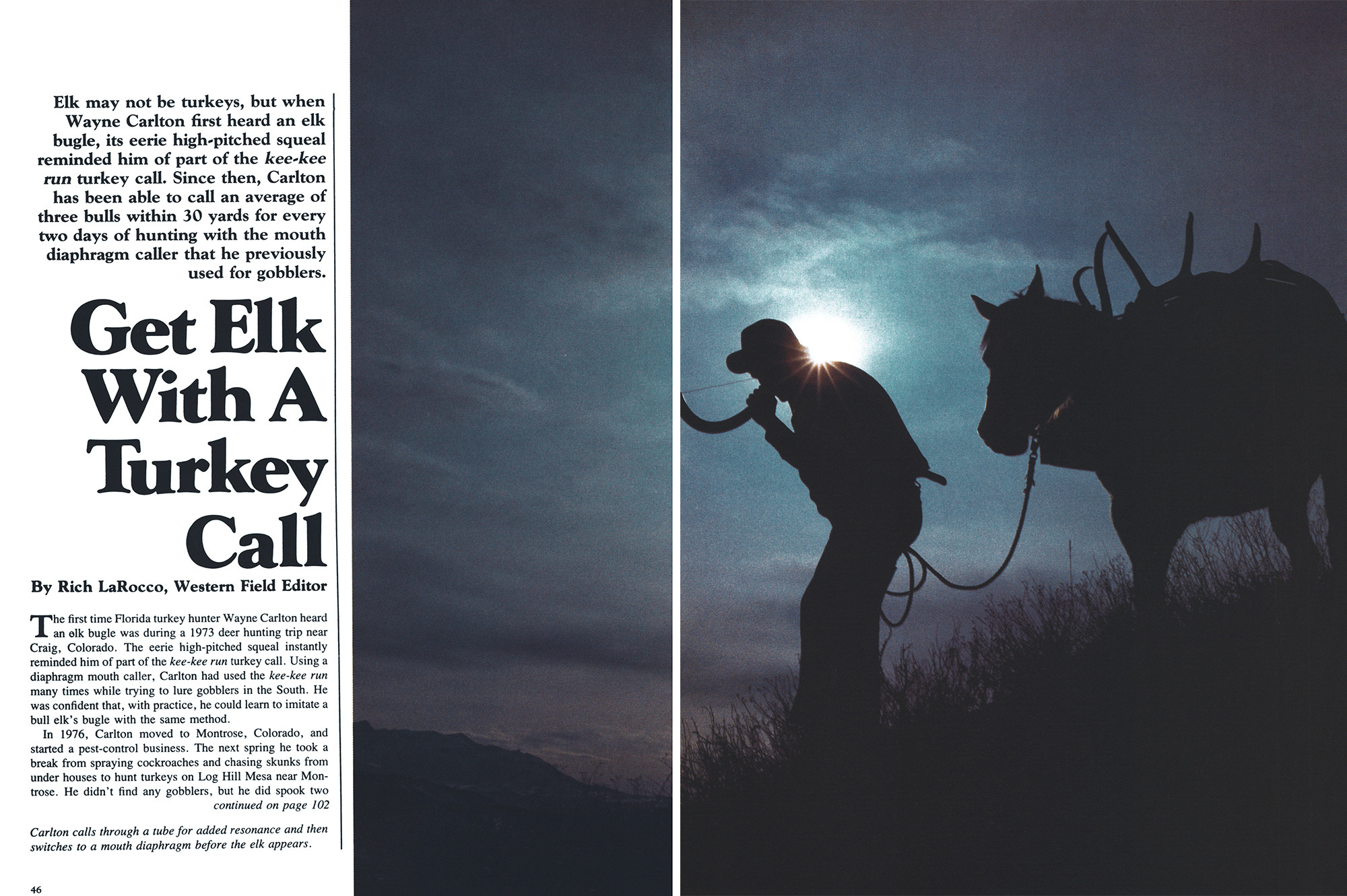
Dozing in the aspens, Carlton told me that he came to Colorado to run a pest-eradication business but he brought his Florida turkey calls to test a theory that southwest Colorado’s Merriam’s turkeys would respond just as Florida’s Osceola and Eastern birds did. As he was yelping to spring gobblers a little band of elk ran to his call, and the idea struck Carlton that rutting bulls might be even more responsive.
It’s hard to believe that in the late 70s, elk hunting was mostly spot, stalk, and ambush. Calling might have been employed by a few unknown hunters, but Carlton’s discovery created a multi-million dollar wildlife-calling industry and the rise of the celebrity hunter, syrup-voiced, Southern-accented Carlton among them.
Related: The Best Elk Calls of 2025
He was built for the spotlight. As I described him in an Outdoor Life profile, “in another lifetime, Wayne Carlton might have been a carnival barker. He has that way of hooking you, yodeling or cat-calling to catch your attention in a crowd and then keeping it with a slightly ribald joke or curious turn of phrase.”
Not all of Carlton’s life and business was as smooth as his voice. At the height of his celebrity, in 2001, Carlton and Hunters Specialties were sued for patent infringement by Primos Calls, which claimed HS’ “Tone Trough” elk diaphragm call copied elements of its patented design. Primos prevailed in the suit. When we last talked, a couple years ago, Carlton was deeply affected by Parkinson’s, which trembled his voice and shivered his hands to the degree that he had to hold one down with the other.
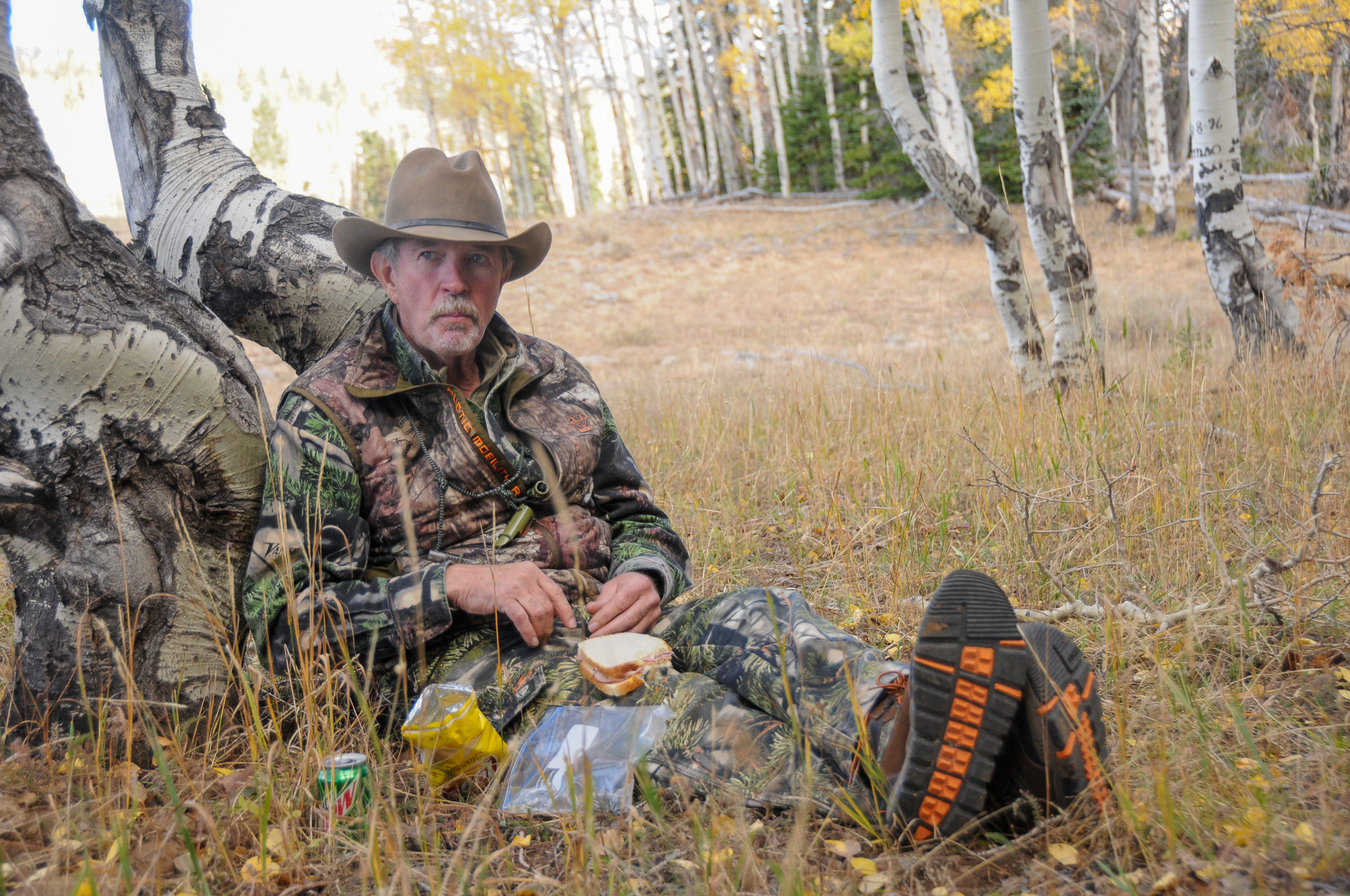
But Carlton was looking ahead. He was excited about the rise of female hunters, who he said are natural-born callers.
“The basis of good calling is emotion,” he said. “If you want an animal to believe that they should come to your call, then you have to believe what you’re saying, and women naturally do that better than men do. They have the emotion and the idea, and once they master the mechanics of the call, they’re better at it than men.”
Near the end of our conversation — during which I reminded him of how he procured my cookies several years earlier — Carlton reluctantly admitted that not every elk is callable. But, as I had come to expect from him, Carlton put his perspective in a memorable context.
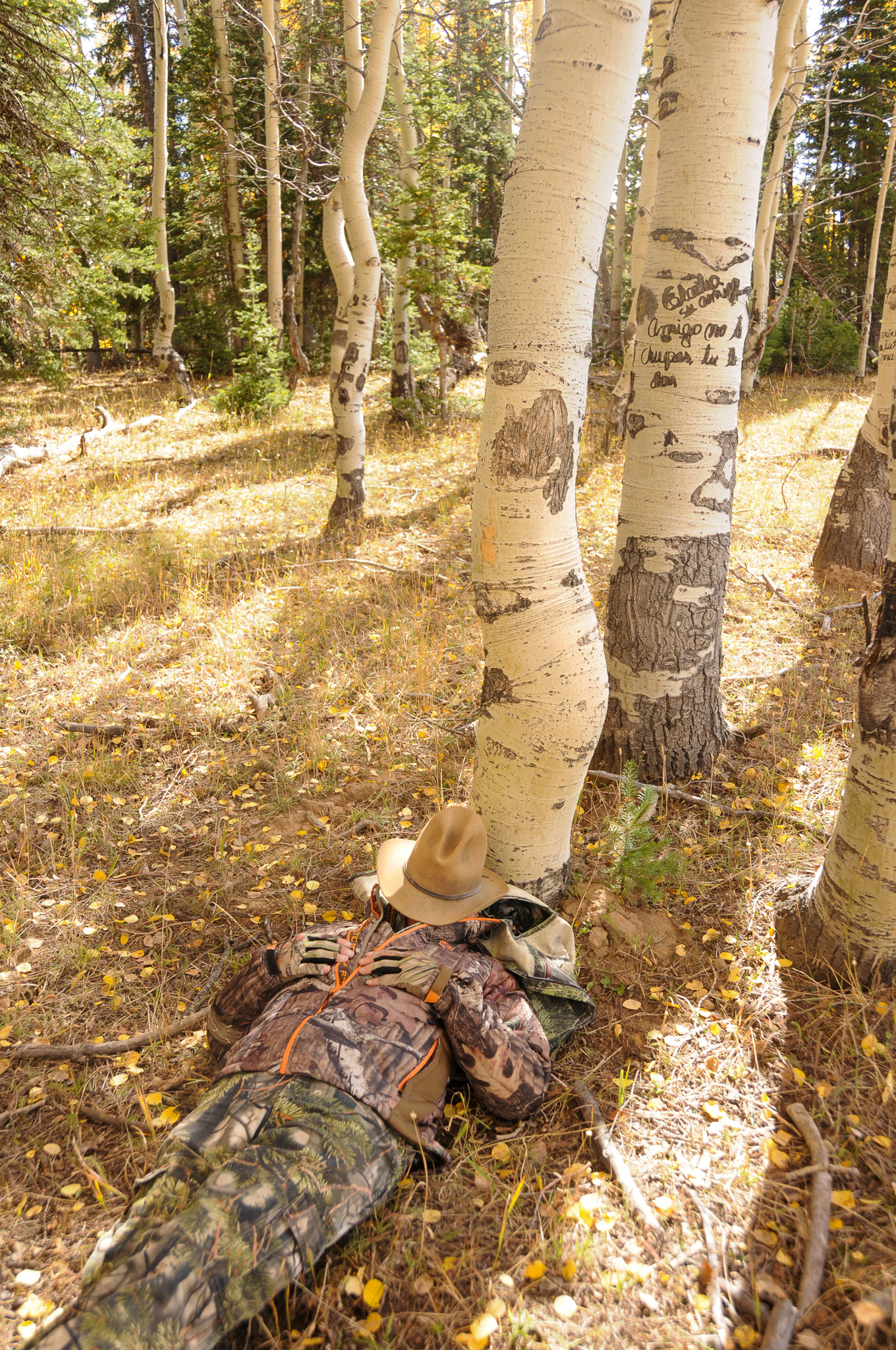
“I hate to admit it, but yes, some animals just aren’t going to respond. But there’s usually a good reason. We hunters think the world revolves around us. We have a good night in a comfortable bed and then go hunting after our second cup of coffee, and we expect the world to behave in a certain way. But a big herd bull may have been rutting and fighting all night, and we show up at dawn and expect him to play according to our rules? That’s the height of arrogance. We need to appreciate that the animals we hunt have other priorities. I tried calling a nice 350-class bull across a meadow to me. When he wouldn’t come, I really studied him through my binoculars, and I noticed he had a browtine stuck through his windpipe. He had been fighting with another bull, and my God, he must have had a hulluva night. So you never know what sort of a night the animal you are interested in has had before you showed up with your perfect call. Some animals are simply never going to come to your call, and we need to be humble enough to realize that it’s not because of anything we did or didn’t do.”
Read Next: Remembering Bill McRae, the Godfather of Modern Sporting Optics
In a post on Native By Carlton, Wayne Carlton’s family noted that his ashes will be spread in Colorado’s Unit 54, the West Elk Wilderness where he began his career, and which was the source of his knowledge of elk vocalization and behavior.
The post Remembering Wayne Carlton, the Hunter Who Revolutionized Wild-Game Calling appeared first on Outdoor Life.
Source: https://www.outdoorlife.com/hunting/remembering-wayne-carlton-call-maker/

